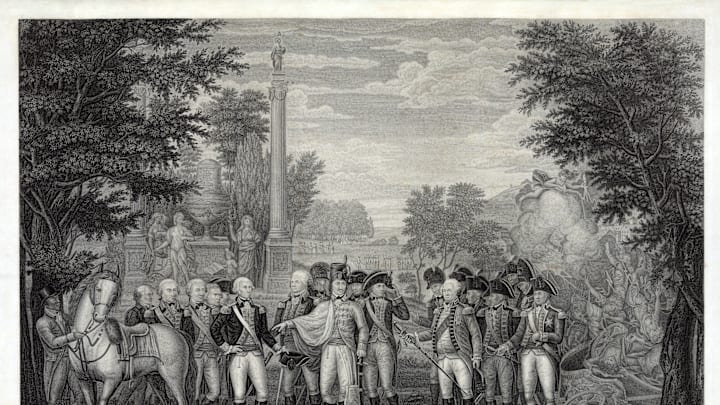A Glimpse into American History in the 1800s

The 1800s were a transformative period in American history, marked by significant political, social, and economic changes that shaped the nation's identity. From the westward expansion and industrialization to the Civil War and the abolition of slavery, the century was filled with milestones that continue to influence the United States today.
One of the defining aspects of the 19th century was westward expansion. With the signing of the Louisiana Purchase in 1803, the United States doubled in size, acquiring vast territories from France. This set the stage for the Lewis and Clark Expedition (1804-1806), which explored the newly acquired land and paved the way for further settlement. The concept of "Manifest Destiny," the belief that Americans were destined to expand across the continent, fueled migration to the western frontier. This expansion, however, led to conflicts with Native American tribes, whose lands and ways of life were disrupted or destroyed.
The 1800s also saw the rise of industrialization. The early part of the century witnessed the beginnings of the Industrial Revolution in the United States, particularly in the Northeast. Textile mills, factories, and the development of steam power revolutionized the economy, shifting it from agrarian to industrial. The invention of the cotton gin in 1793 had already transformed the agricultural economy, leading to an increase in cotton production, particularly in the South, where slavery remained central to the economy.
Slavery and its abolition were key issues in the 19th century. As the nation expanded, debates over whether new states should permit slavery intensified. This tension eventually led to the Civil War (1861-1865), the bloodiest conflict in American history. The war was fought between the Northern states (the Union) and the Southern states (the Confederacy), which had seceded from the Union to preserve the institution of slavery. The war ended in 1865 with the defeat of the Confederacy and the abolition of slavery, marked by the ratification of the 13th Amendment.
Following the Civil War, the nation entered the period of Reconstruction (1865-1877). During this time, efforts were made to rebuild the South and integrate formerly enslaved African Americans into society as citizens with rights. Despite initial progress, Reconstruction was met with resistance, and many of its gains were eventually reversed by discriminatory laws.
In conclusion, the 1800s were a pivotal century for the United States, marked by expansion, industrial growth, and social upheaval, all of which set the stage for the modern nation.